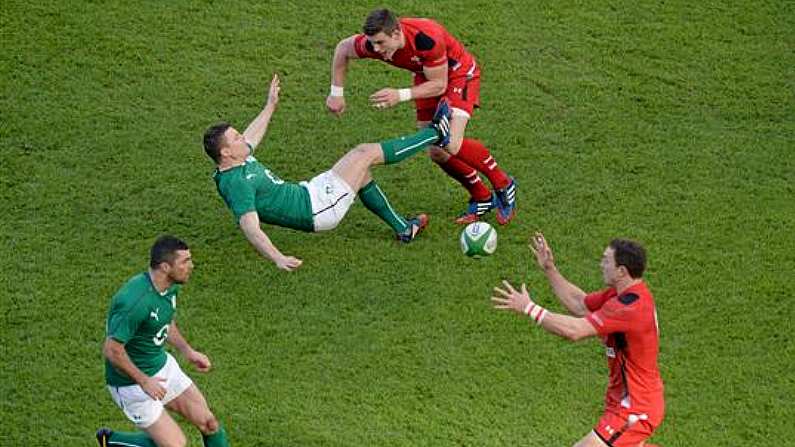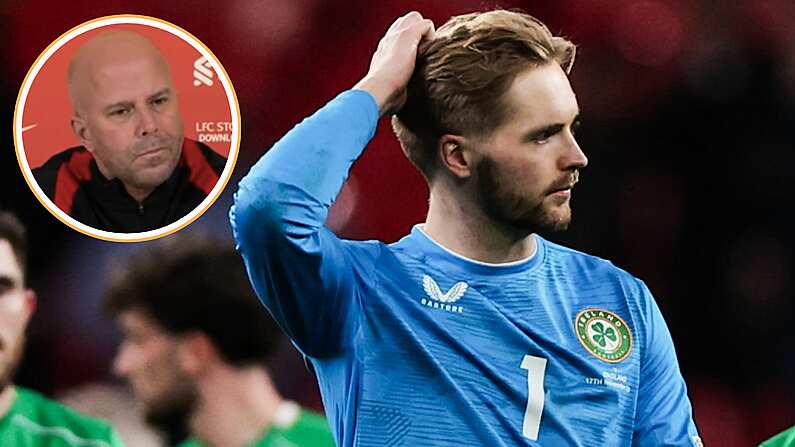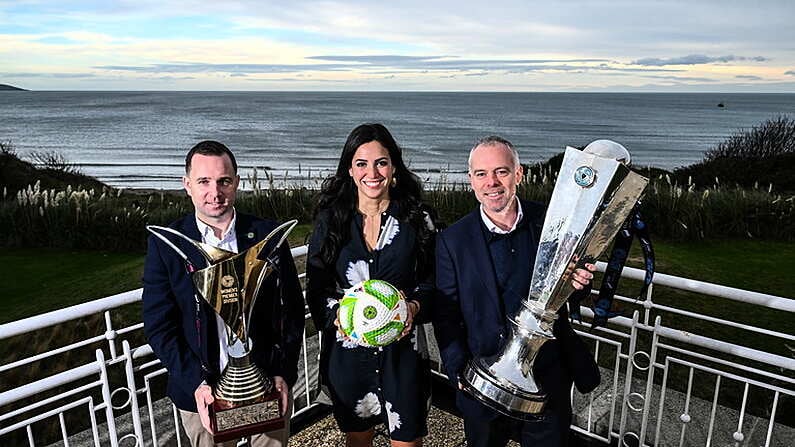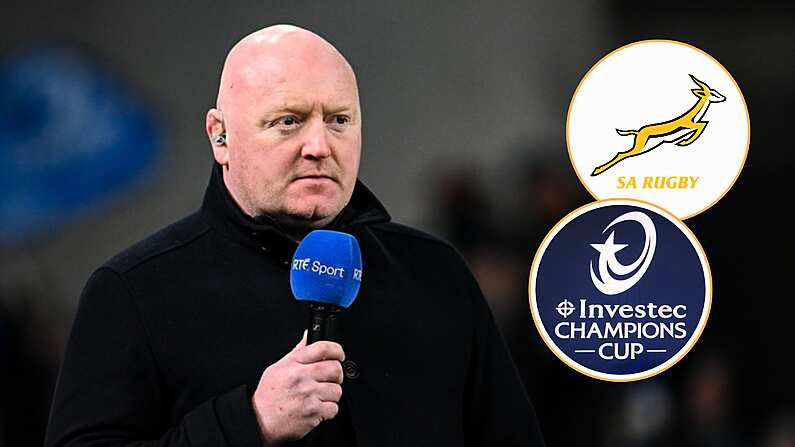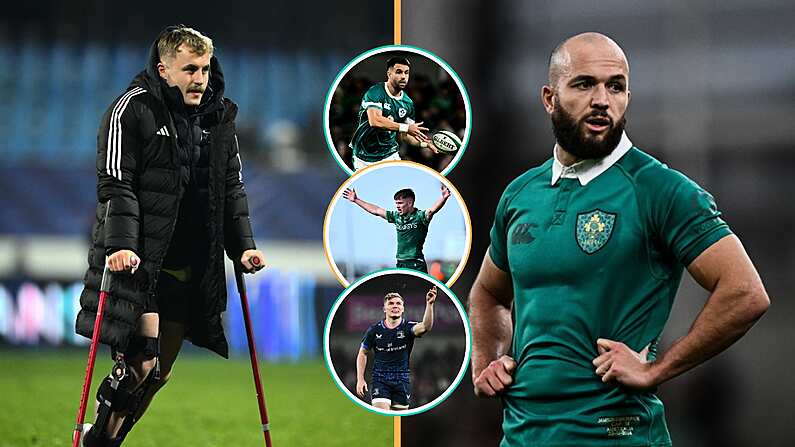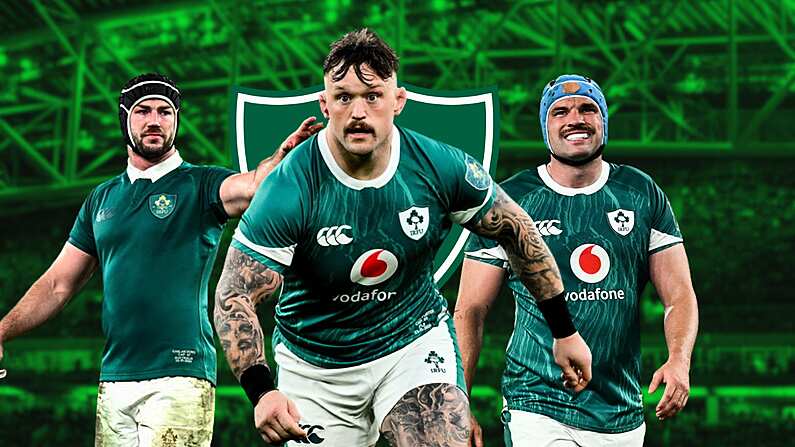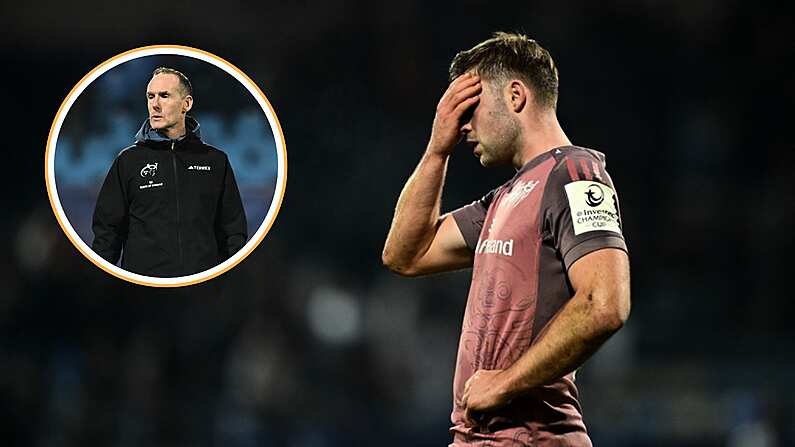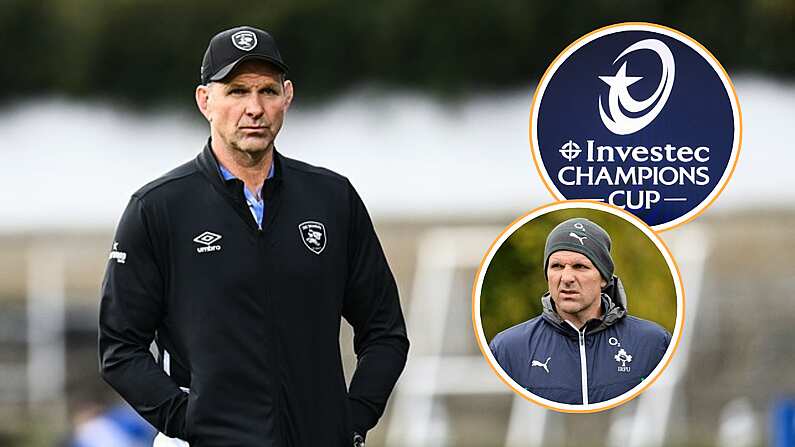Vincent Browne has made some scathing comments about rugby culture in his Irish Times column today. In particular, the veteran journalist and broadcaster made reference to O'Driscoll's comments about getting used to pain and inflicting pain, which were made in an interview with Gerry Thornley before the Six Nations encounter with England. He then went on to criticise what he sees as a homophobic, misogynistic, violent and drink-fuelled culture within the sport, which " posh private all-male schools do their bit to engender".
Speaking to Thornley earlier this month, O'Driscoll said how the pain of getting hit subsides over time, but he jokingly said how "in a really perverted way, legally inflicting pain on someone else gives you a thrill”. He also said how “Scott Williams must have taken huge satisfaction in absolutely annihilating me in that tackle”.
Said Browne:
In saying this, Brian O’Driscoll was doing no more than expressing some of the culture of rugby: legally inflicting pain on an opposing player, annihilating them in a tackle. Violence was no part of Brian O’Driscoll’s armour as one of the world’s greatest rugby players. Indeed he was invariably the recipient of violence – many of us remember vividly the spear tackle on him in the opening minutes of the first test of the Lions versus New Zealand in 2005, which broke his collar bone and ended his tour. But, unavoidably, he has imbued the culture of rugby, even to the extent of admiring harm done to himself.
"But that culture is a dysfunctional one and, ultimately dangerous. It is part of the culture that speaks of 'manly', that admires a male 'standing up like a man', or in the cringe-making lingo of the rugby world, that urges players to 'man up'.
He then criticised what he sees as the intolerant nature of rugby culture, which he feels glorifies violence, excessive drinking and is explicitly unwelcoming to gay people.
The image many of us males have of what it means to be a man, is disturbing and it doesn’t much differ from the rugby world’s ideal. One feature it surely does not include is homosexuality – the ideal man, hegemonic man, is certainly heterosexual, perhaps aggressively so. A bit prone to violence or at least “able to look after himself” – ie able to beat the bejasus out of anyone who challenges him. A capacity to drink enormous amounts of pints – sensibly of course – is almost de rigeur. And being a good man with the girls, lots of girls.
Browne then attacked what he sees as an inherent misogyny within Irish rugby culture. In it, he claims that there exists "the idea that the world is there for the men, the business, political and professional world certainly, although to put a decent gloss on it in modern times we let the women in a bit. But for the most part women are there for decoration, sex and procreation, of course.
He makes it clear that neither O'Driscoll, or Donncha O'Callaghan whose autobiography he makes reference to, are not representative of these alleged attitudes, but that O'Driscoll's comments on pain do not make for pleasant reading.
And, no, I am not saying Brian O’Driscoll and or Donncha O’Callaghan are representative of this sort of hegemonic masculinity – Brian O’Driscoll seems very different from that and so too I understand from people who know him, is Donncha O’Callaghan. But that the icon of modern rugby should speak of a thrill in legally inflicting pain on someone else, is, well, disturbing.
Browne's comments will no doubt prove controversial, and should raise an animated response from rugby fans of all backgrounds, especially considering the fact that he largely exonerates the other footballing codes from having such institutionalised failings: "The posh private all-male schools do their bit to engender this culture, as does the media and, classically, rugby does it too. Less so the GAA and, I think, soccer."

